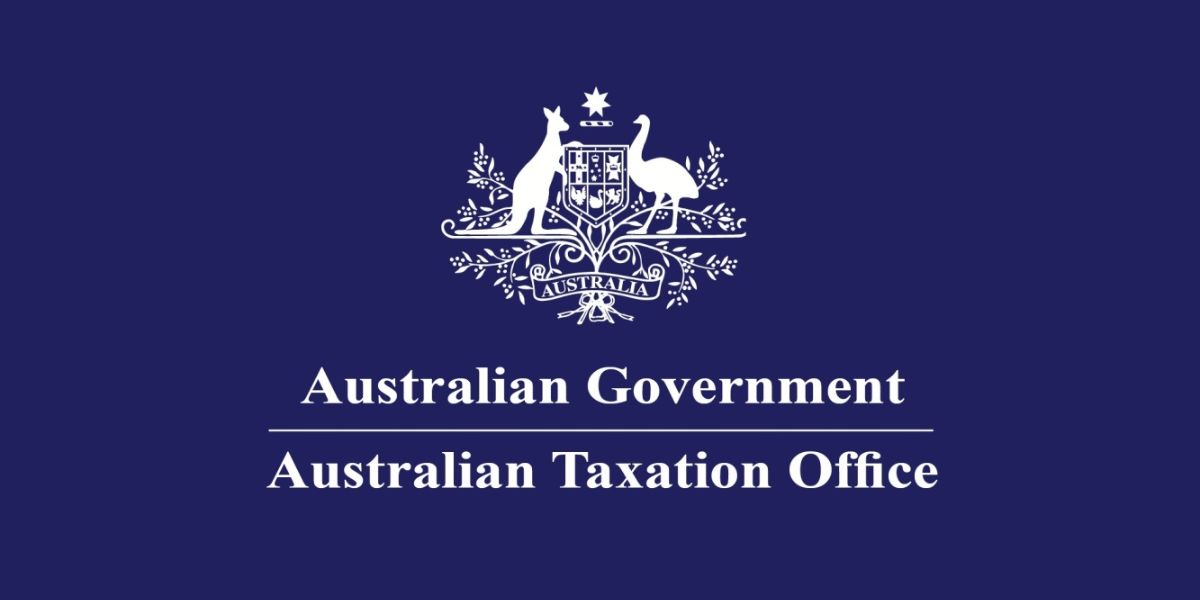Following the enactment of the new thin capitalisation laws in April 2024, the ATO has developed web guidance to assist taxpayers in applying the new rules, which are effective for income years commencing on or after 1 July 2023.
Under the rules, there is a restriction on the tax deduction for interest on the debt of Australian entities with specified overseas investments; Australian entities that are foreign controlled; or foreign entities with certain investments in Australia, regardless of whether the investments are held directly or are held through Australian entities.
The restriction applies to the “debt deduction”. This is the deduction for expenses connected to debt, and includes interest; any amount in the nature of interest; or any other amount that is economically equivalent to interest, if the expense would otherwise have been deductible.
The thin capitalisation rules do not apply to an entity for an income year if:
- The total debt deductions of the entity and all its associate entities are AUD 2 million or less;
- It is an Australian entity that has overseas operations or investments, or an associate of an entity that has overseas operations and investments, that is not also foreign controlled and meets the assets threshold test; or
- The entity is an insolvency-remote special purpose entity established to manage certain risks, and the total value of debt interests in the entity is at least half the total value of its assets.
For income years commencing on or after 1 July 2023, affected entities that are not financial entities or authorised deposit-taking institutions for all or part of the income year, are classified as general class investors. Under the new rules the general class investors will be subject to one of three new tests:
- A fixed ratio test, which limits net debt deductions to 30% of earnings before interest, taxes, depreciation and amortisation (EBITDA) measured on a tax basis;
- A group ratio test, based on the proportion of group net third-party interest expense compared to group EBITDA; and
- A third party debt test, which disallows debt deductions other than those relating to third party debt interest meeting certain conditions.
Financial entities will continue to be subject to the existing safe harbour test and worldwide gearing test but may choose the new third party debt test.
Authorised deposit-taking institutions (ADIs) and Australian plantation forestry entities will continue to be subject to the previous thin capitalisation rules.














